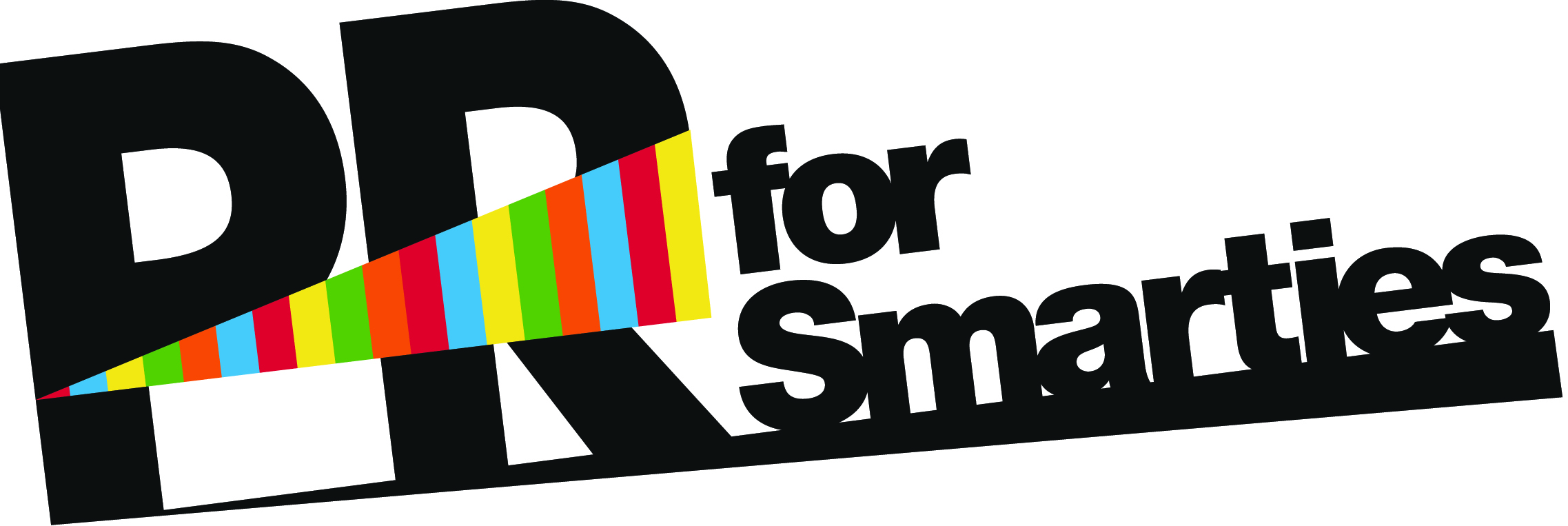This is the first in a series on psychological barriers to your marketing and PR
When I was a freshman in high school I had a flirtation with an older boy who had a super hot car. God, I loved that car. It was a lovingly restored Camero. And I wanted to ride in it. So when the boy with the car finally asked me out on a date, I was over the moon. I would finally get to ride in that car!
The evening in question arrived and I was ready and waiting at the appointed hour. And… The car never showed up. He never showed up. I was stood up! And I was devastated. Never mind that I really just wanted to ride in the car (the hell with the boy!) but suddenly this slight was momentous. He was *the one* (ok, really the car was). His approval of me suddenly took on a level of importance that was completely overblown.
And that’s how it can feel daily when doing publicity.
Getting turned down stinks!
It’s tough to hear no, to get stood up, to be ignored. And believe me, it is hard not to take it personally. Particularly when you see coverage on your peers. You will wonder: what’s wrong with me? Why not me? Why them? You will take it personally. You will be devastated.
Maybe you are so afraid of hearing the “no,” you don’t even want to try. Why set yourself up for heartbreak, right? Afterall, that no is a rejection. And no one wants to be rejected.
But here’s the thing. It’s really not about you.
“It’s Not You, It’s Me”
The editors, reporters and critics don’t have an agenda. In fact, they have no idea you are devastated. And if they do, they certainly don’t understand why you are devastated. Nine times out of ten, they are just busy. And your project didn’t have a chance to resonate when there are 7 Broadway openings, all with major movie stars, plus several high profile Off Broadway openings to attend to as well. It is simply impossible for every project to be top priority.
But sometimes when you hear that no, you aren’t devastated, you are mad. You get really mad. And you start to argue. And then all bets are off.
Now, I’ve been known to not take no for a answer, but… You really do gotta know when to fold. There have been stories that I really truly think I can make an argument for and turn around the response, so I’ll go for it. And sometimes I am successful, sometimes I am not.
Objectivity is necessary when dealing with the “No”
But you have to look at your project objectively. Take a step back and look at all the projects that are happening around the same time as yours. Then list the objective reasons why your project merits attention.
(And “because I am awesome” isn’t an objective reason. You may very well be awesome, but until the person you want to impress realizes you are awesome, a little humility makes you much more attractive.)
After all this, you may hear another no.
But here’s the thing. As long as you remained professional, you can always go back and try again. Maybe not for this project, but perhaps for the next one.
No does not mean never. It just means not now.
So how do you get over the “no” barrier?
- Focus on the pitch. Write out bullet points about what makes your project newsworthy. Be ready with a few of these points when you go in to pitch, but keep a few under wraps to go back with in case the no materializes. It’s nice to be able to counter a no with fresh reasons why they should reconsider.
- Be honest about the news value of your pitch. Look at the landscape around you–remember, if you are in NY, you are competing with Broadway and major Off Broadway institutions (yup, Lincoln Center is considered Off Broadway). Those will always be priority to the press. If it’s a crazy busy time of year (like it is right now), coverage will be hard to come by. That doesn’t mean don’t bother, it just means be aware.
- When you hear the no, if you objectively feel it merits reconsideration, by all means, ask for it! Be polite and professional and you won’t burn any bridges. Often I write a reconsider pitch and walk away from it for 24 hours. I find it helps to put some distance between me and the initial sting of the “no.”
- Don’t take the no personally. This is easy to say but harder to do, but it’s incredibly important. Don’t let your self esteem get wrapped up in the no. Because it really is not about you or your work.
Trust me, there are days, weeks even, when no one responds to my emails or phone calls. And it’s awfully lonely. And I will admit to feeling those pangs of despair, even after all these years (and I’m certainly not as attached to a project as you!). But with perseverance, smart pitching and a little bit of luck, the nos eventually do become yeses.

